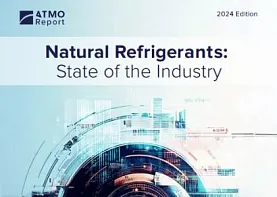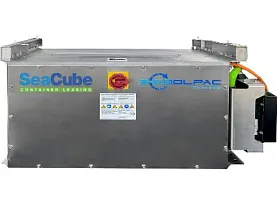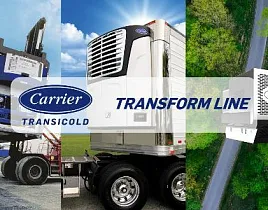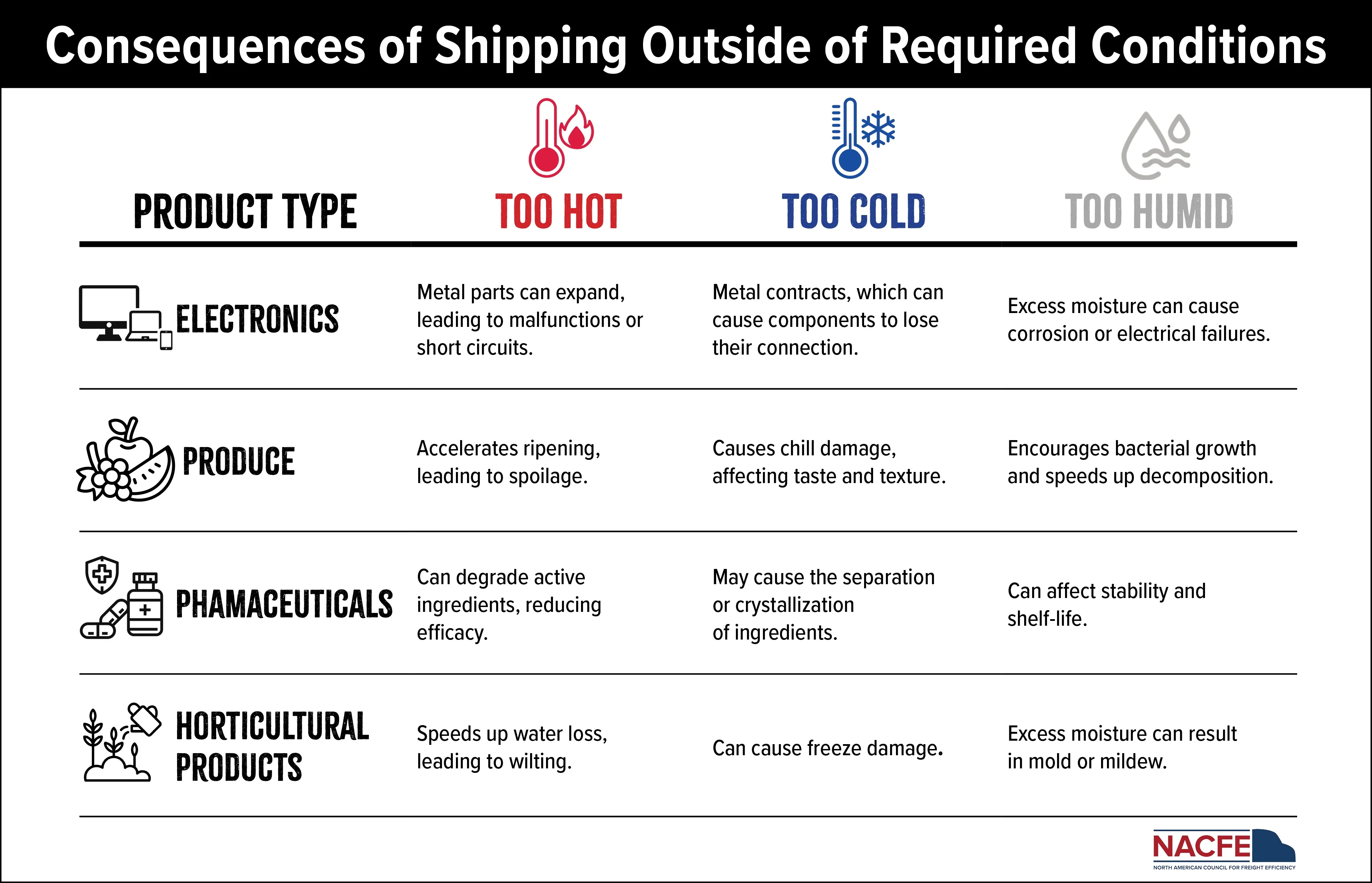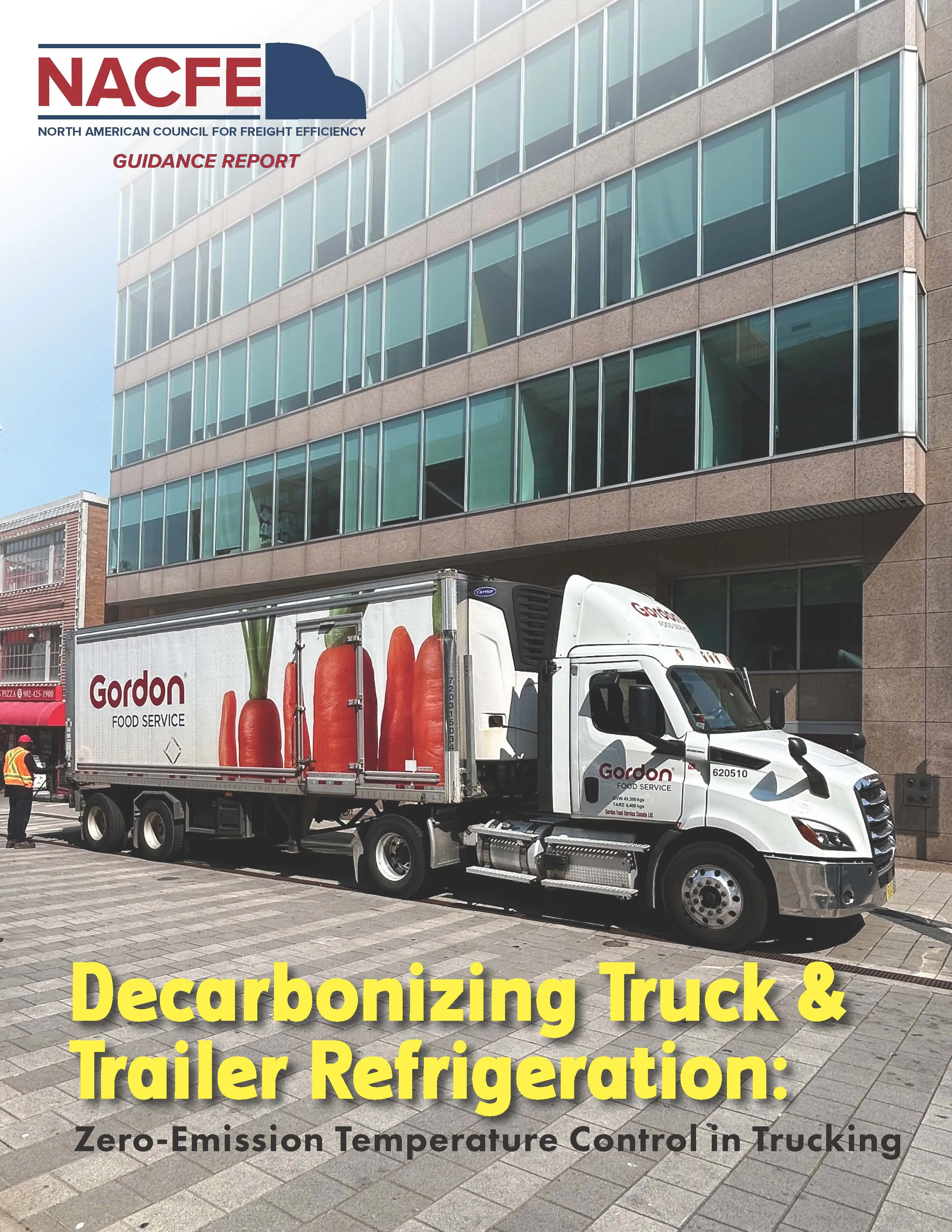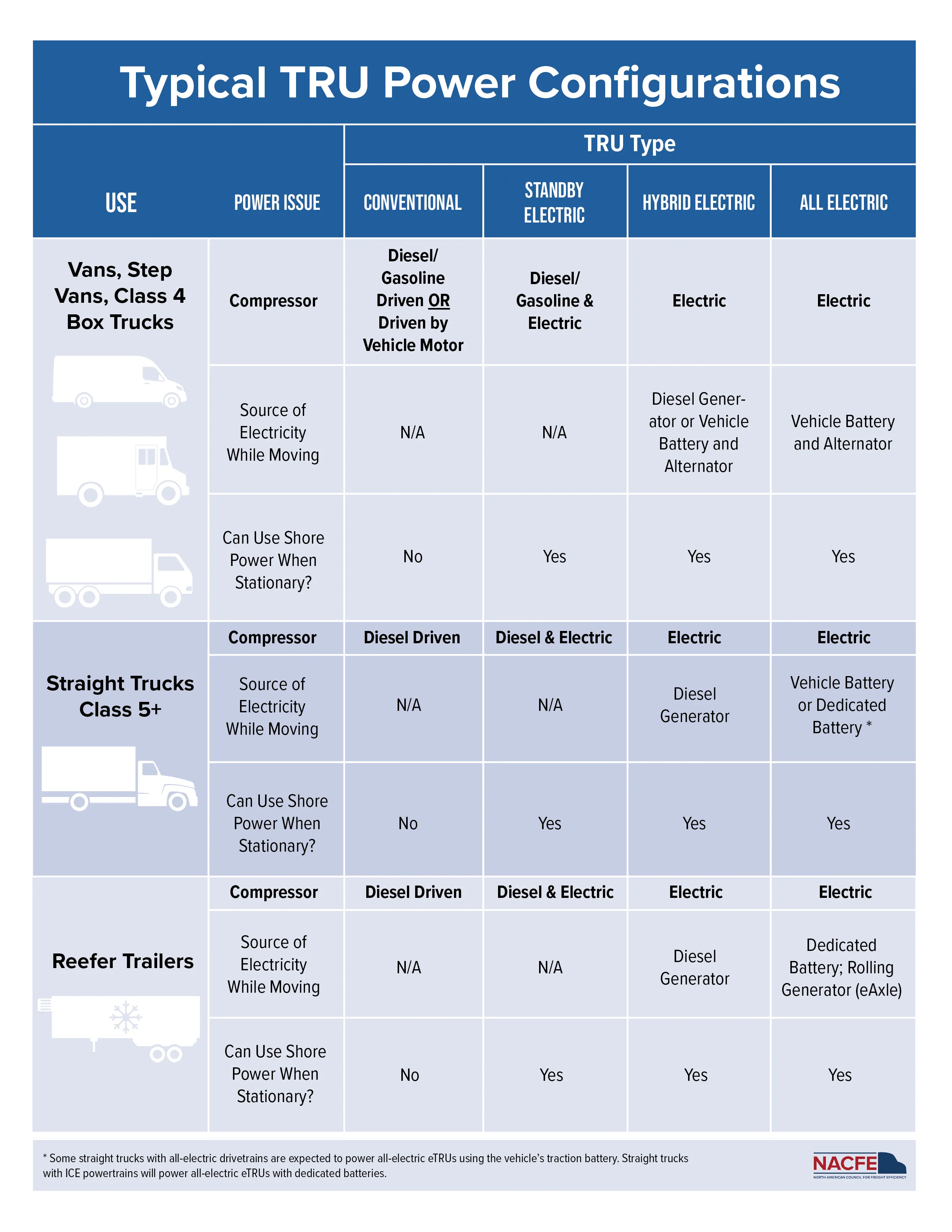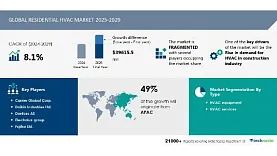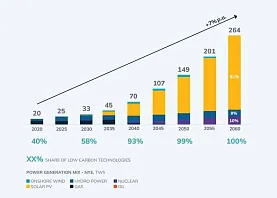
NACFE Releases First Refrigeration Report


There have been developments in the zero-emission temperature control freight movement sector of the trucking industry.
The North American Council for Freight Efficiency (NACFE) has released its first ever report on transport refrigeration. Decarbonizing Truck and Trailer Refrigeration provides basic information about transport refrigeration units (TRUs) and electric transportation refrigeration units (eTRUs). It also identifies and discusses key challenges and opportunities facing the trucking industry ecosystem and its support systems as the CARB eTRU rules come into effect, and as the industry begins to transition away from fossil fuel powered refrigeration.
“About one of every seven straight trucks and trailers on the road uses transport refrigeration units to keep their freight in a specified temperature range,” says Rob Graff, NACFE’s senior technical consultant and study lead. “Most TRUs today are diesel powered. These are increasingly subject to regulations on their emissions — including GHGs. We’ve seen the development of low- to-no-emissions TRU technologies emerging to meet these requirements.”
There are benefits and challenges of switching to eTRUs from both a cost and operational standpoint and the report explains those in detail.
Based on its research and analysis, the study team came to the following conclusions about the state of transport refrigeration today:
-
Freight requiring transport in a specified temperature range encompasses about 15% of straight trucks and trailers.
-
Regulations and heightened sustainability expectations are converging to require more sustainable solutions for moving refrigerated goods.
-
New refrigeration units have been developed to run with zero emissions using electricity.
-
Other allied solutions are emerging to support eTRUs.
-
Moving and delivering refrigerated goods with zero or significantly lower emissions while maintaining quality is a large challenge.
-
Activities are underway to plan for and harmonize the connectors and power requirements for charging electric trucks, charging eTRU batteries, and providing shore power when electric reefers are parked or idling.
“Range Energy is excited to see NACFE publishing this important report about eTRUs. There are a lot of challenges and opportunities in the transition to electric TRUs,” says Collin MacGregor, head of systems engineering at Range Energy. “This report will be valuable to the trucking industry as it moves forward to adopt this technology.”
Related News

